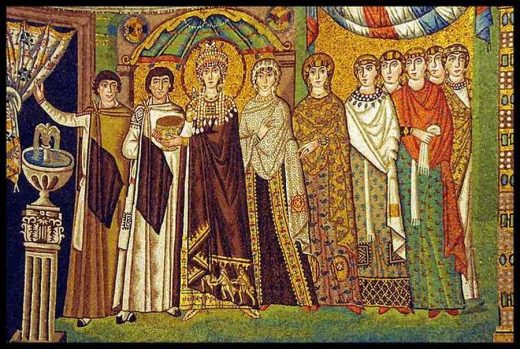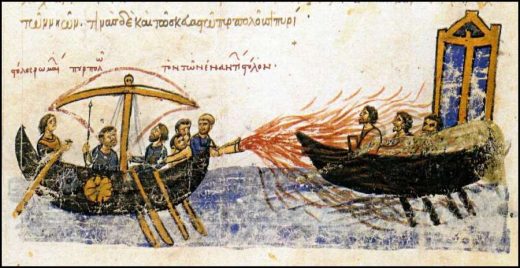Byzantium in Late Antiquity. Let’s talk about Basileia Romaion (Βασιλεία Ῥωμαίων), Imperium Romanium, Eastern Roman Empire or Byzantine Empire… Late Antiquity, which is considered the golden period of the Byzantine empire, which lasted for hundreds of years.
We will touch upon the history of an empire that has been a subject of debate throughout history in the Anatolian geography. For the magnanimous scholars of the Age of Enlightenment, Byzantium was seen as an unknown mystery and was despised more and more; called effeminate, identified with intrigue.
Like every empire, the history of Byzantium is quite magnificent; it cannot be measured only by wars and peace. It initiates a centuries-old mechanism of awakening and progress with its culture, fascinates readers with its politics, and reveals the most refined forms of diplomatic skills. Byzantium is an empire in the full sense of the word; It is perhaps one of the clearest examples of how the pen is mightier than the sword.
So how did the Byzantine Empire begin? In fact, everything arose from a crisis called the crisis of the third century. Its seeds were sown when Diocletian came to the throne, at a time when the Roman Empire was tossed between inflations, natural disasters, plagues and civil wars. Because Diocletian divided the huge imperial bureaucracy into two, East and West.
The person who changed this style of government, known as Tetrarchy, and turned the empire back to single-handed rule was Constantine the Great, who also went down in history as the official founder of the Byzantine Empire. He moved the capital east to Byzantium and founded the city of Constantinople on top of Byzantium.
This brilliant gentleman, who early realized the rise of Christianity, which had been a matter of debate for the Roman Empire for a long time and even caused a period of persecution, and what potential it had, made Christianity not a banned religion, but contrary to popular belief, he was not a baptized Christian, but followed the balance of power. He was a complete CEO with a great talent for doing business.
This is how the empire that would become the greatest power in the Mediterranean in Late Antiquity emerged. Although the Byzantines saw themselves as Romans, not Byzantines, with the influence of the Greeks, the first society that comes to mind when it comes to civilization, Byzantium gradually began to leave Latin traditions behind.
When Theodosius made Christianity the official religion, these Greek and Christian elements combined to create a new integrated identity. The new dynamics created by the Eastern Mediterranean cultures and communities turned into Byzantium’s own elements. For example, Justinian, one of the most famous emperors of Byzantium, was the last emperor to speak Latin.
Next Page: Justinian’s reign in the Byzantine Empire.
Visits: 77




